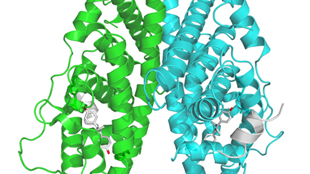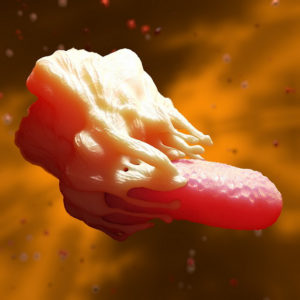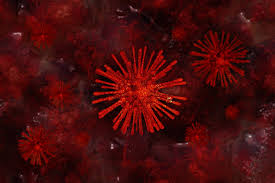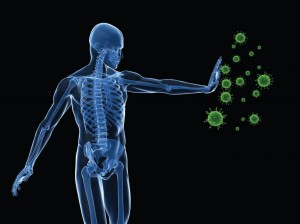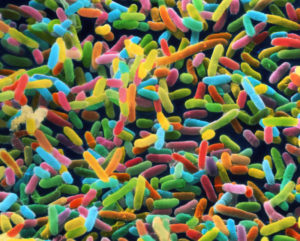Estrogen is so intimately involved in breast cancer that drugs which disrupt the hormone’s actions have become frontline treatments for the disease. These so-called “hormonal therapies” include tamoxifen and fulvestrant, which directly block the estrogen receptor (ER), and aromatase inhibitors like anastrazole, which prevent the body from making estrogen in the first place.
These drugs have been incredibly successful, but for reasons that are still unclear, patients often develop resistance to them, especially when their tumors migrate—metastasize—to other organs.
Now, two independent teams have discovered that mutations in ESR1—the gene that encodes the ER—could be an important route to resistance. Their results, published (November 3: 1, 2) in Nature Genetics, vindicate decades of work from other scientists and reveal new clues about the basic biology of breast cancer. They also suggest that researchers may be able to treat resistant tumors that harbor these mutations by developing new drugs that block the ER more fully than current compounds do…

